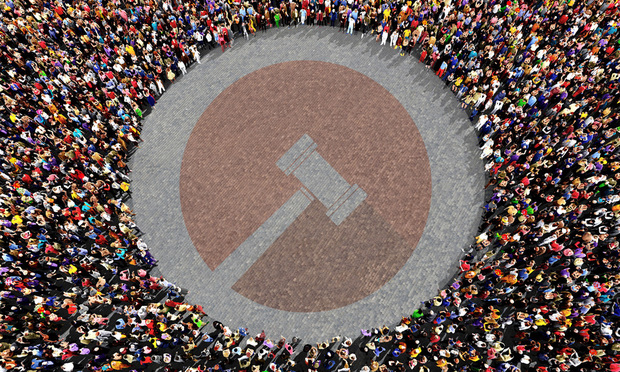 Have you ever been left scratching your head after receiving a check for 17 cents as part of a class action settlement? “Why did I get this?” you ask. “The recovery doesn’t cover postage!” you exclaim. And you wonder: “What did the lawyers get?” These concerns aren’t new—in fact, nearly 15 years ago, Congress passed the Class Action Fairness Act (CAFA) to curb perceived abuses in the class action settlement process. Part of that is a requirement that federal courts approve class action settlements. In the past year, courts have been reviewing proposed class action settlements with greater rigor, resulting in several high profile rejections of settlements—sometimes early in the settlement approval process. This article sets forth a brief overview of these developments, and then provides three pointers for navigating the settlement approval process.
Have you ever been left scratching your head after receiving a check for 17 cents as part of a class action settlement? “Why did I get this?” you ask. “The recovery doesn’t cover postage!” you exclaim. And you wonder: “What did the lawyers get?” These concerns aren’t new—in fact, nearly 15 years ago, Congress passed the Class Action Fairness Act (CAFA) to curb perceived abuses in the class action settlement process. Part of that is a requirement that federal courts approve class action settlements. In the past year, courts have been reviewing proposed class action settlements with greater rigor, resulting in several high profile rejections of settlements—sometimes early in the settlement approval process. This article sets forth a brief overview of these developments, and then provides three pointers for navigating the settlement approval process.
The process of reviewing a class action settlement under CAFA typically works like this. First, the proposed settlement is submitted for preliminary approval and certification of a settlement class. Next, notice of the proposed settlement is provided to members of the putative class, as well as to relevant state and federal regulators. Then, putative class members are given an opportunity to object to, or to opt out of, the settlement. Finally, the court conducts a final hearing to address the fairness of and any remaining concerns with the proposed settlement. This process takes at least four months—and can even take years from time-to-time.






